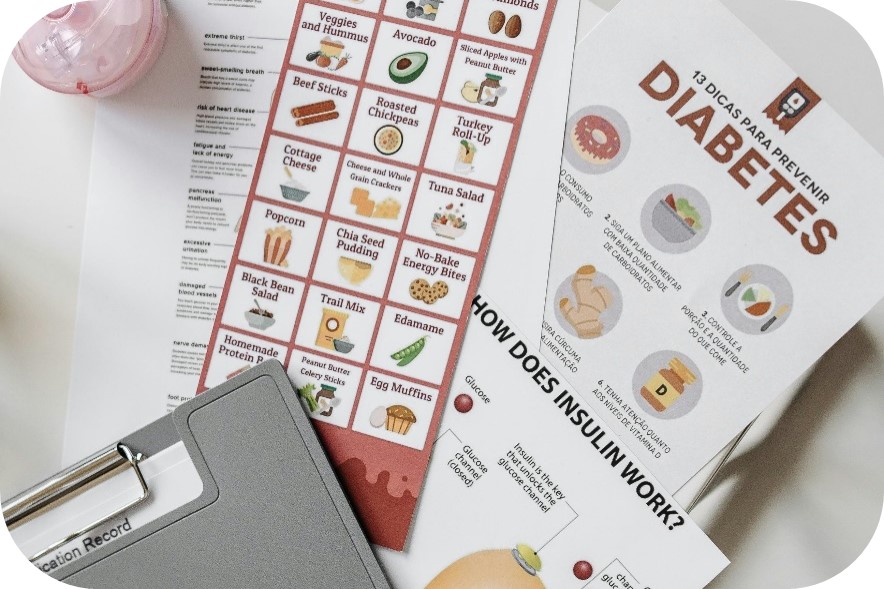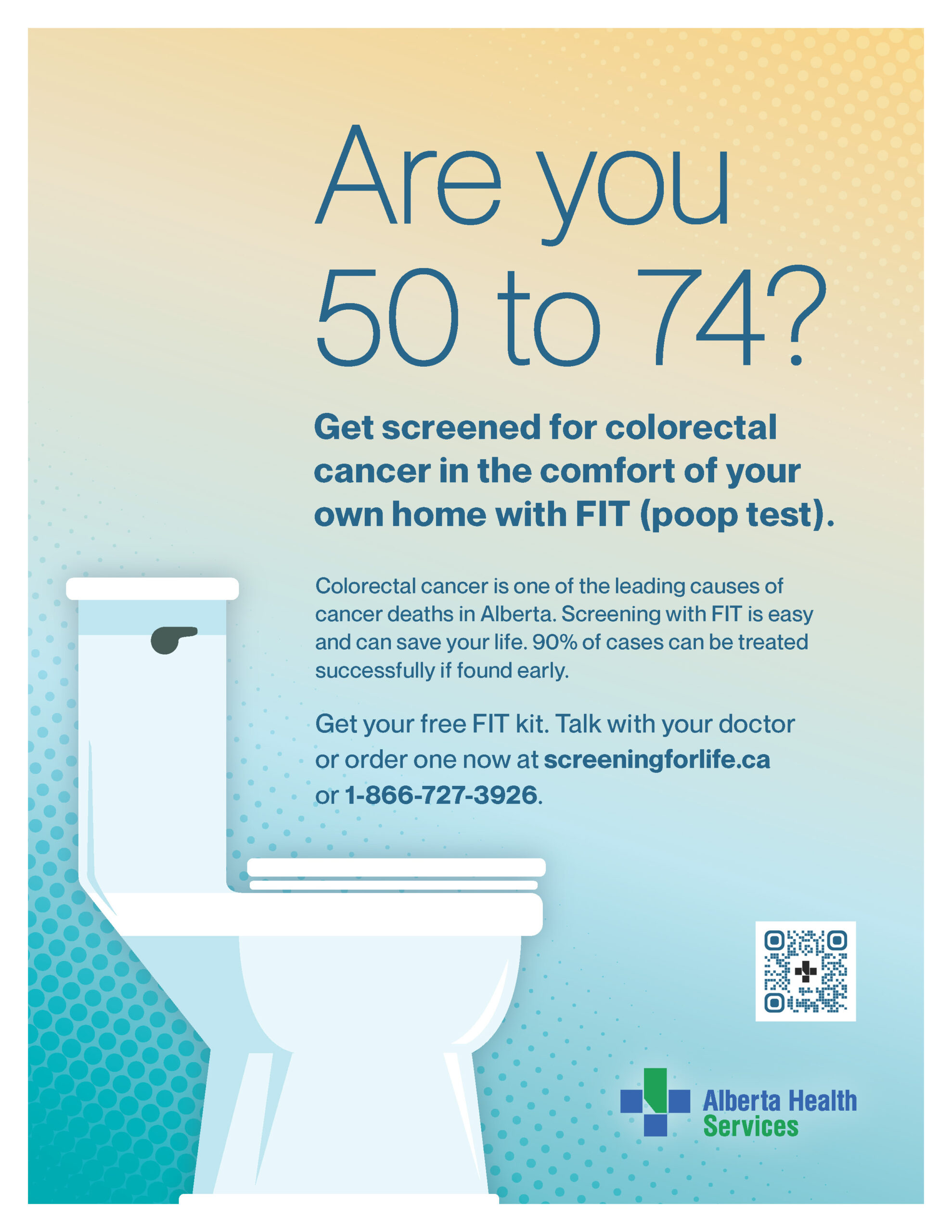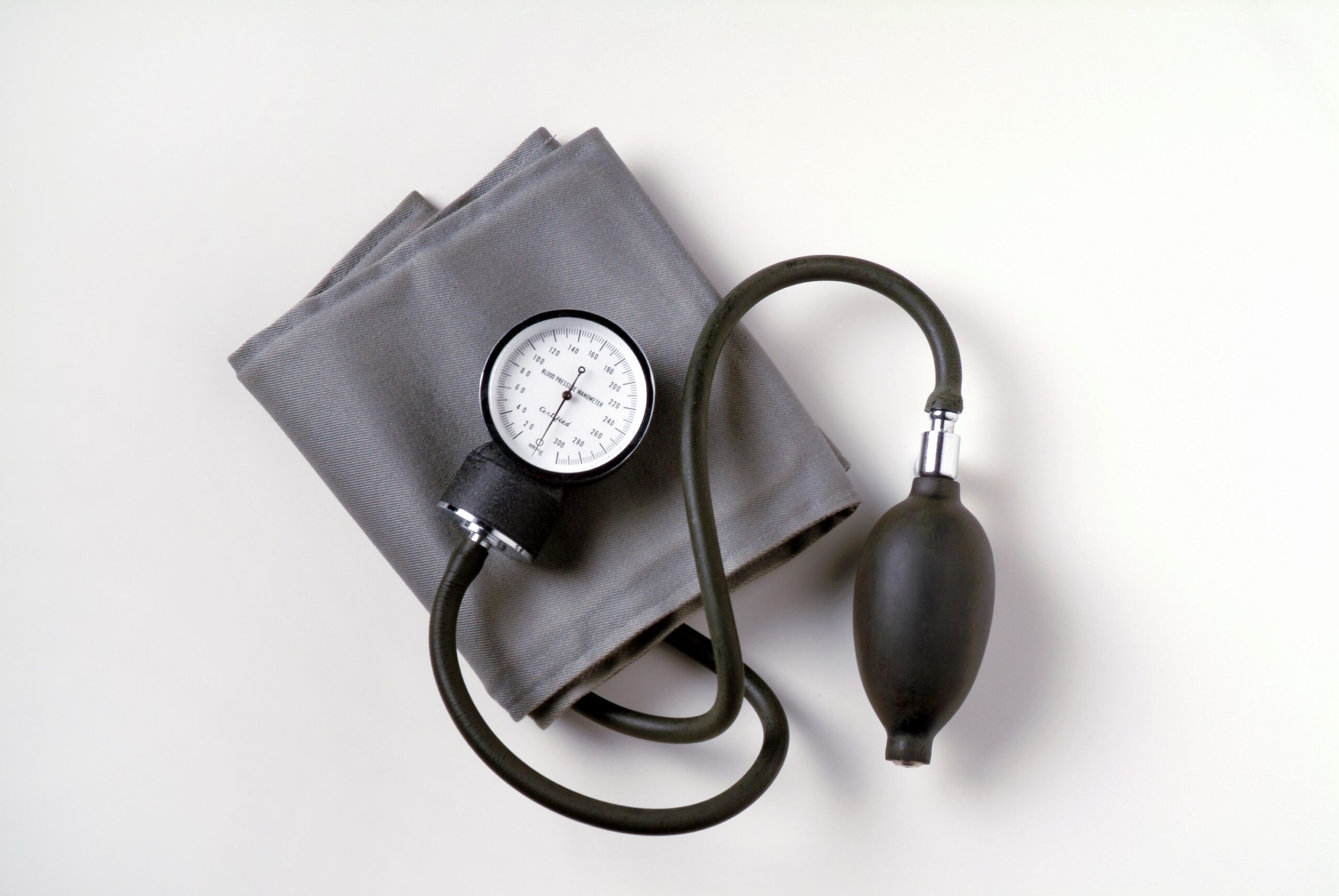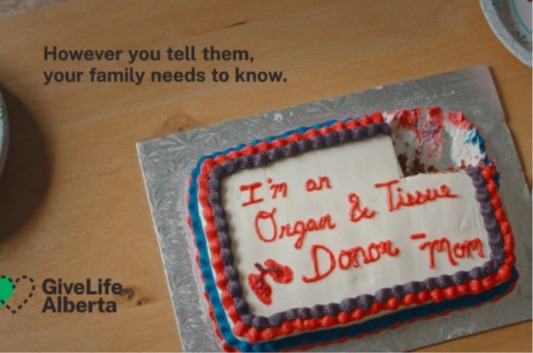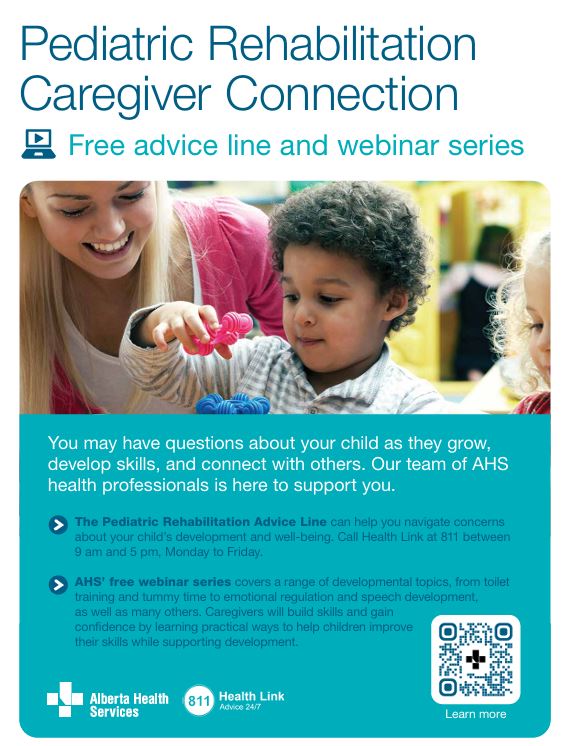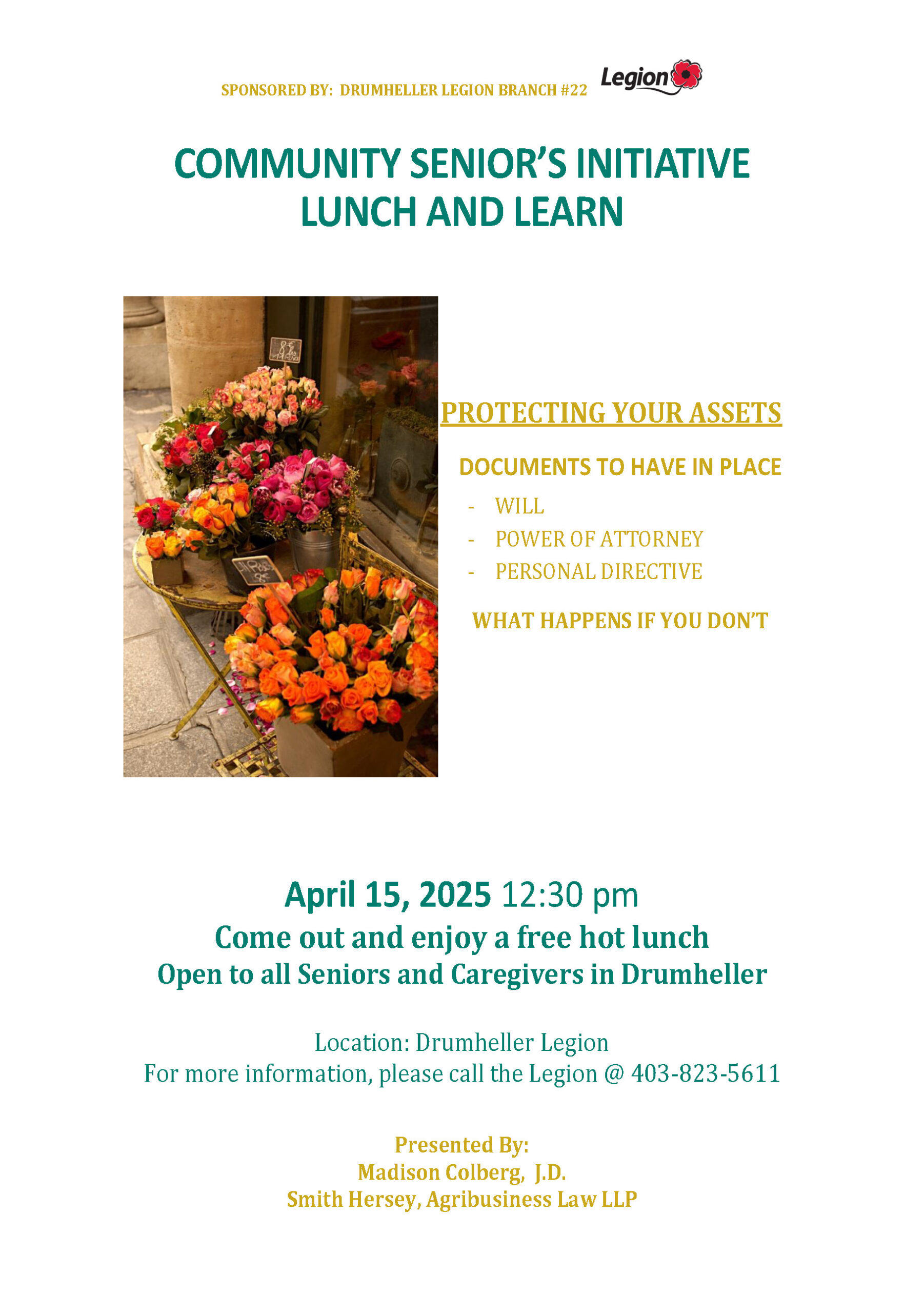Understanding Prediabetes
Prediabetes occurs when blood sugar levels are higher than normal but are not yet high enough to be classified as Type 2 Diabetes (T2D). T2D is a chronic condition where the body is unable to use insulin properly, leading to high blood sugar that may result in other complications like heart disease or nerve damage.
What causes prediabetes?
Our body uses blood sugar (glucose) for energy. The hormone insulin helps move the glucose into our cells to be used for energy. In prediabetes, insulin does not work as well as it used to.
For people with prediabetes, it is important to know that blood sugar levels are affected by what and when you eat. Tips for eating to manage blood sugars include:
1. Limit juices and drinks with added sugar: Choose whole fruit or flavor water with lemon or lime.
2. Eat 3 meals a day, with about 4 to 6 hours between meals. This can manage blood sugar and feelings of hunger.
3. Build your plate according to Diabetes Canada: Cover ½ your plate with vegetables. Cover ¼ of your plate with whole grain products or starchy vegetables. Put protein foods on the remaining ¼. Visit diabetes.ca/nutrition to find the healthy eating section with additional tips.
4. Choose foods with fibre: Aim for 30 grams or more per day.
Fibre slows down digestion and helps maintain stable blood sugar levels.
5. Choose unsaturated fats: Prediabetes increases the risk of developing heart disease. Replacing saturated fat in the diet with unsaturated fat can help decrease this risk.
Getting active to prevent prediabetes
Physical activity helps your body use insulin to lower blood sugar levels. Start slowly and build up to 30 minutes each day, 5 to 7 days a week. Brisk walking, swimming, cycling, or resistance training. Even a brief 10-minute walk after a meal has been shown to improve blood sugar levels
Excess body weight is a factor that may contribute to having prediabetes and the development of T2D. A reduction as little as 5% of initial weight can greatly reduce the risk of developing T2D.
Set achievable goals and take small, gradual steps to ensure that your approach is sustainable.

